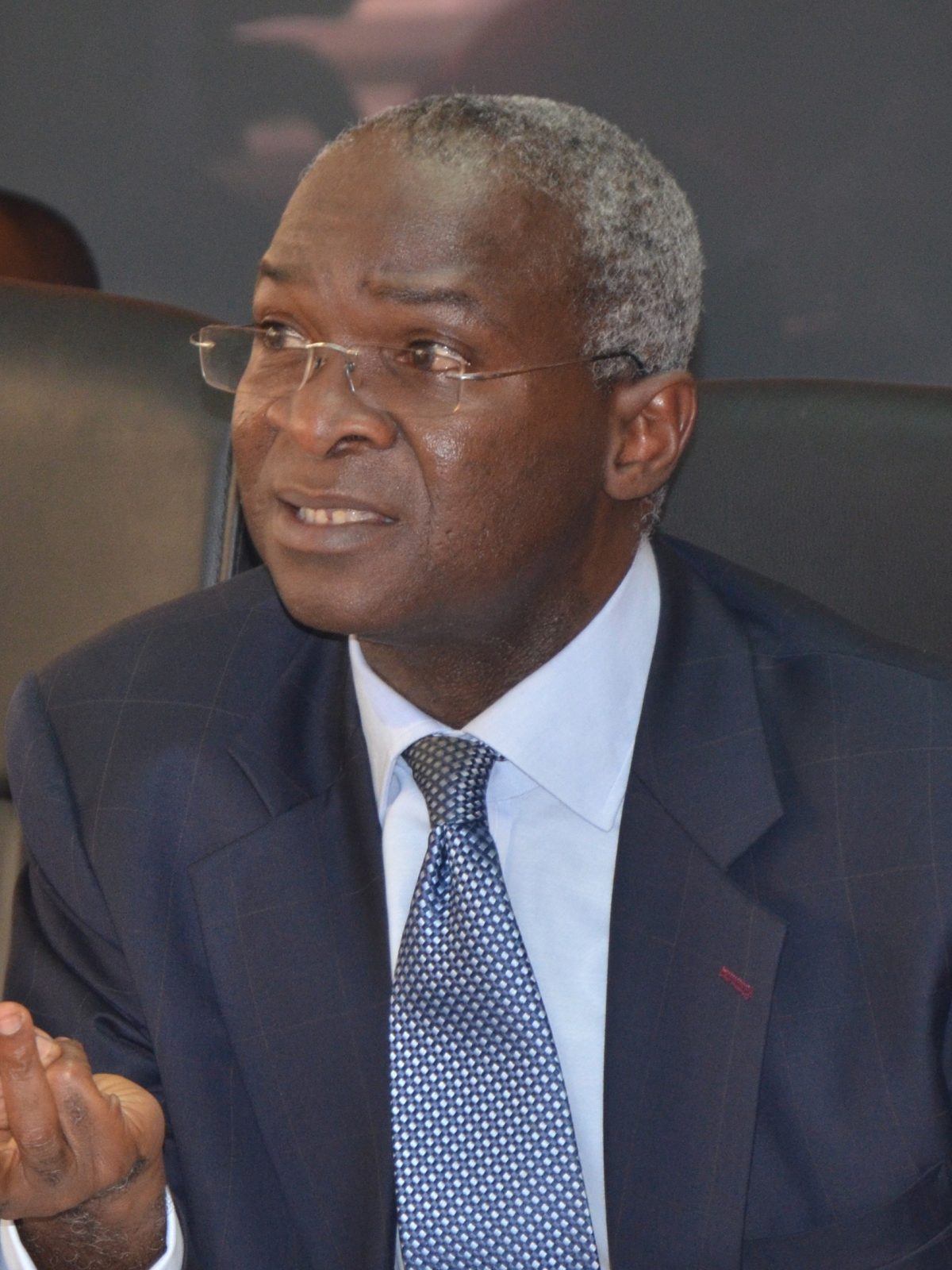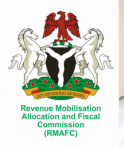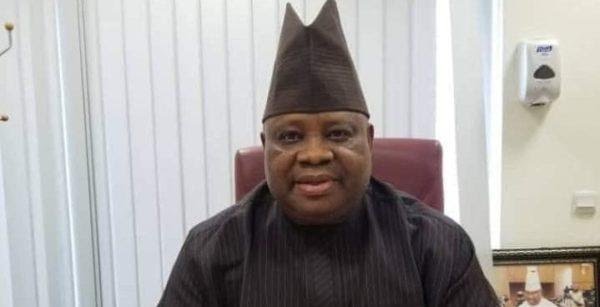Power Distributors Go Silent Over New Meter Regulation


Electricity distribution companies have not made a statement on the new regulation from the Nigerian Electricity Regulatory Commission, which is targeted at independent and competitive meter services in the power sector.
According to the Meter Asset Provider Regulations 2018, a copy of which was obtained by our correspondent on Wednesday, the new arrangement is also aimed at taking off the issues of estimated billing practice; attracting private investment into the provision of metering services; and closing the metering gap through accelerated meter rollout in the Nigerian Electricity Supply Industry.
The provisions of the regulations are to be enforced by NERC from April 3, 2018.
The distribution licensees (Discos), according to the regulations, are responsible for meeting their metering target as specified by the regulator from time to time. They are expected to engage the services of Meter Asset Providers in accordance with the provisions of the regulations.
The metering gap for all distribution licensees was put at 4,740,275 meters as of December 31, 2017.
“This is projected to significantly increase upon the conclusion of the ongoing customer enumeration exercise,” the regulator said.
According to the document, eligible customers being served under the Eligible Customer Regulations may engage MAPs to ensure proper energy accounting.
The Association of Nigerian Electricity Distributors, the umbrella body of distribution companies in the country said its members remained committed to providing meters to all their customers.
The Executive Director, Research and Advocacy, ANED, Mr. Sunday Oduntan, told our correspondent in a telephone interview, “For now, we have no comment; we are studying the situation and watching as the details come in and events unfold. Anything that will positively make metering better, we will always support it. But this particular one, I can tell you we have no comment for now; we are not condemning it and we are not commending it.”
Asked if the Discos were carried along in the process of drafting the regulations, he said, “When people say they have carried you along, informing you that they are doing something is not the same as carrying you along. Let’s wait and see; if it works for the nation, we will be happy.”
Based on the proposals submitted by the core investors in the Discos during the privatisation of the power firms in November 2013, about 6.52 million new meters were expected to be installed over the course of five years.
On why the Discos had not been able to provide meters to customers as envisaged during the privatisation, Oduntan blamed it on the lack of a cost-reflective electricity tariff.
He said, “When you have an agreement with the other party and they say you, the new investor, must do XYZ, and we, the government, will do ABC. The performance of XYZ is conditional upon you doing your ABC. What they promised then was that they would give us a cost-reflective tariff.
“The moment you don’t get it right on the tariff side, every other thing will be wrong. You cannot build something on nothing. So, that is why I am saying: why are we deceiving Nigerians? Why can’t we come out and say these are the issues?”
But the Executive Secretary, Electricity Meters Manufacturers Association of Nigeria, Mr. Muideen Ibrahim, commended NERC for the new regulations, which he described as a step in the right direction.
“Consumers need meters; Discos are not providing meters. Manufacturers have meters but they can’t sell to the consumers. So there is a big gap. Now that MAP has come up, it is another scheme that can be explored so that consumers will be metered as and when due,” he said.
According to the regulations, MAPs shall source a minimum of 30 per cent of their contracted metering volume from local meter manufacturing companies in Nigeria.
“It is a very big lift. It will enable the meter manufacturers to be busy and will enhance their capacity. We were even agitating for 70 per cent local content; the potential is there for the local manufacturers but the capacity utilisation is low,” Ibrahim added.
The Managing Director, Momas Electricity Meters Manufacturing Company Limited, Mr. Kola Balogun, described the new regulation as a relief for electricity consumers as it would enable them to get meters as quickly as possible.
He said, “It will allow some investors to inject a high-value capital into the metering scheme. That will eventually lead to the liberalisation of metering because there is an opportunity for consumers to pay and get meters immediately.
“Let’s pray the implementation will be as good as the policy because most of the time, we will have good regulation but the implementation will be defective.”
Balogun described access to foreign exchange, required to source raw materials from abroad, as a major challenge for local meter manufacturers.
He said, “Now that the MAP regulation is coming up, that will allow investors to invest in metering and they will be able to partner with us, the manufacturers, in order to inject funds into the production of meters.
“Let’s hope that the Discos will be willing to partner MAPs. That is the shortcoming that I have seen might happen because it (metering) is part of what they hold as their strengths to run the Discos. Let’s hope that it will be easier for them so that they can face the primary responsibility of providing electricity for the consumers.”
There are estimated 10 million electricity customers in the country with only three million meters, according to the Federal Ministry of Power, Works and Housing.
This was contained in the communiqué of the third retreat for directors, chief executive officers and heads of units of the ministry held in Kano last Friday and Saturday.
It said the expansion of the distribution system and financial viability of the entire power system was constrained by losses in the distribution system.
“One of the major drivers of losses is the metering gap, which creates mistrust between customers and Discos. And this does not allow customers to pay for only what they consume, giving rise to estimated billing,” the ministry said.










